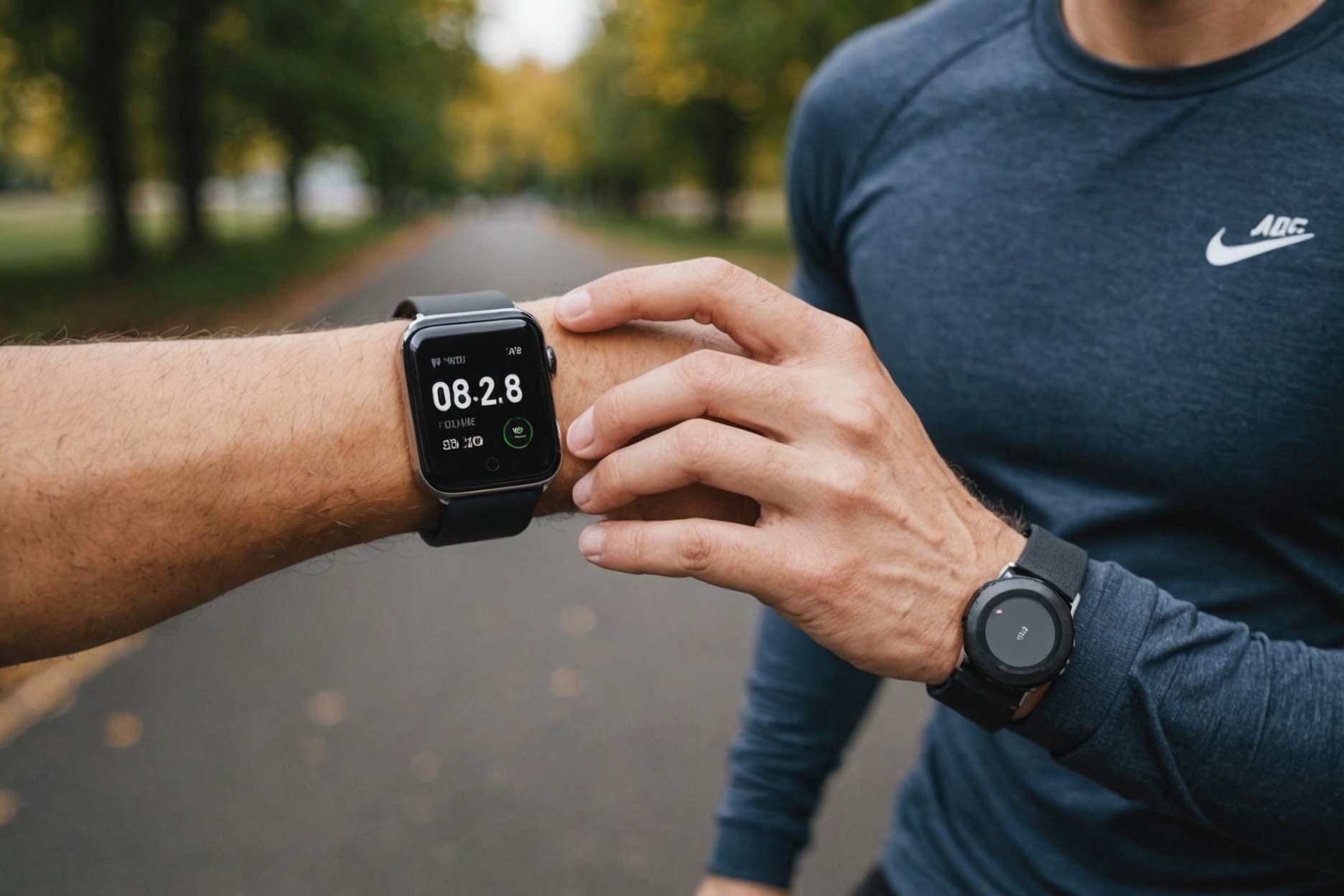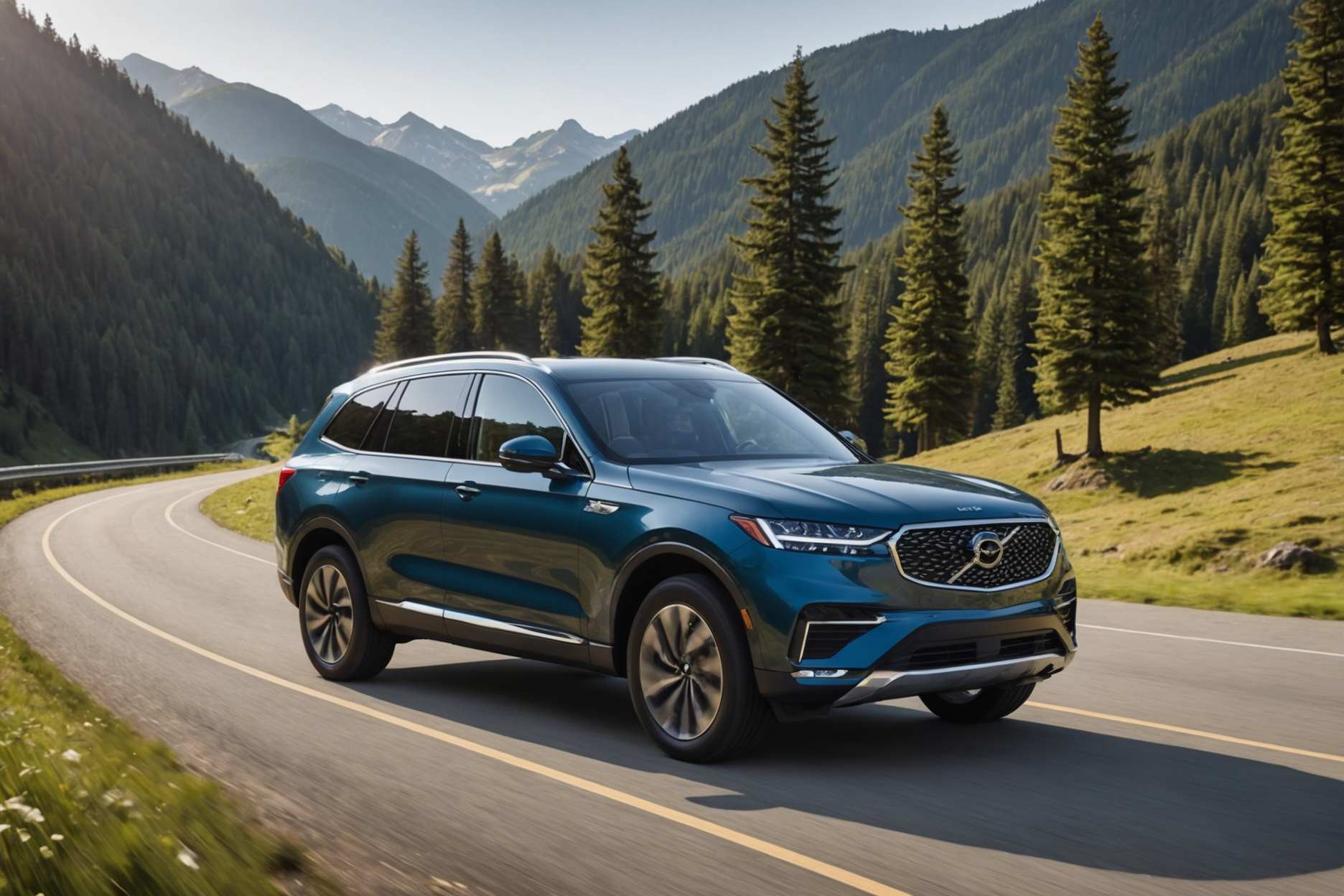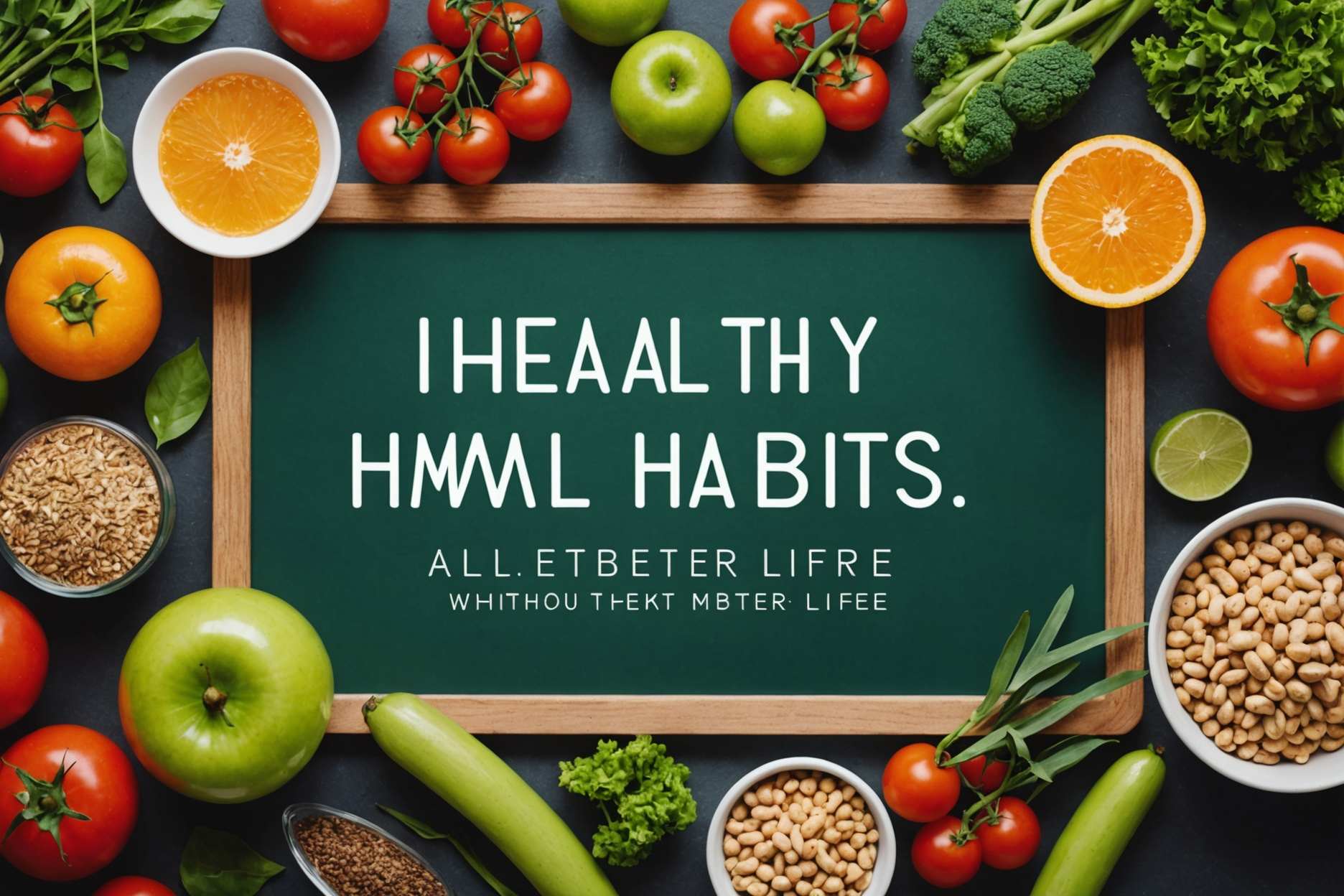- CONTACT US
- AFS
- Business
- Bussiness
- Car
- Career
- Celebrity
- Digital Products
- Education
- Entertainment
- Fashion
- Film
- Food
- Fun
- Games
- General Health
- Health
- Health Awareness
- Healthy
- Healthy Lifestyle
- History Facts
- Household Appliances
- Internet
- Investment
- Law
- Lifestyle
- Loans&Mortgages
- Luxury Life Style
- movie
- Music
- Nature
- News
- Pet
- Plant
- Politics
- Recommends
- Science
- Self-care
- services
- Smart Phone
- Sports
- Style
- Technology
- tire
- Travel
- US
- World
- エンタメ
- スポーツ
- 科学
- 経済

“I’ll worry about my heart health when I’m older.”
That may be too late, doctors warn.
While the average age for being diagnosed with heart disease in the United States is typically in the mid-60s for men and early 70s for women, the factors, such as high blood pressure, diabetes and bad cholesterol levels, can start years, sometimes decades, earlier.
A new online heart risk calculator could help younger adults learn whether they're likely to develop heart disease, as much as 30 years in the future, according to a study published in the Journal of the American College of Cardiology on Monday. That's a significantly longer time period compared with traditional screenings, including the Framingham risk calculator or the ASCVD Risk Estimator Plus, which measure a 10-year risk for people ages 40 and older.
“This tool was motivated by helping younger adults understand their long-term risk for heart disease,” said senior study author Sadiya Khan, the Magerstadt professor of cardiovascular epidemiology at Northwestern University Feinberg School of Medicine. “We all procrastinate, but prioritizing health has to start today — and can with this tool.”
The factors that can lead to heart problems, such as clogged arteries, can begin as early as childhood and gradually worsen, research has shown. Yet comparatively few people take steps early to protect against heart disease, such as improving diet or exercising more.
Deaths from heart attack are declining, largely thanks to improved treatments, but heart disease still kills more people in the U.S. than any other cause, according to the American Heart Association.
Common risk factors for developing heart disease include smoking, physical inactivity and obesity, as well as family history.
Dr. Manesh Patel, chief of the division of cardiology at Duke University School of Medicine, said, “Younger people these days have more cardiovascular risk or conditions than they did in the past.”
The Northwestern research team analyzed data between 2011 and 2020 from the National Health and Nutrition Examination Survey, a nationally representative survey from the Centers for Disease Control and Prevention.
They reviewed approximately 8,700 U.S. adults, who were free of heart disease when they entered the survey. The mean age of men was 44 and mean age of women was 45.
The scientists then calculated each person’s risk of developing a heart attack, heart failure or stroke over the next 30 years using the American Heart Association’s PREVENT (Predicting Risk of Cardiovascular Disease EVENT) equations, Khan said. The equations used a modeling approach to estimate the 30-year risk.
After inputting common health markers, like blood pressure, cholesterol, body mass index, smoking status, diabetes history and kidney function, the calculator displays a person’s percentile rank among 100 peers of the same age and sex.
In the study, the researchers found that men had a higher long-term risk compared with women at every age.
Dr. Deepak Bhatt, director of Mount Sinai Fuster Heart Hospital in New York, who was not part of the study, sees potential in knowing long-term risk of heart disease, “especially for younger people who are served poorly by current risk scores.”
Calculating age- and sex-specific percentiles of risk is a much more user-friendly way of communicating risk to patients, Bhatt said: “For example, to tell someone they have an 8.9% risk is difficult to interpret in isolation — but to say to a patient that their cardiac risk is higher than 90% of people their age and sex is easy to understand — clearly, that is someone at very high risk.”
Age may be the biggest driver of heart disease, but young people should start protecting against it earlier, Patel said.
“Think of your heart risk like your retirement,” he said. “For every five minutes of exercise you’re doing now, you can get the benefit when you really want it — like when you’re 60 and you want to chase your grandkids.”
This article was originally published on NBCNews.com
LATEST POSTS
- 1
 Ariana Grande to host 'Saturday Night Live' Christmas show with Cher as musical guest, returning after nearly 40 years
Ariana Grande to host 'Saturday Night Live' Christmas show with Cher as musical guest, returning after nearly 40 years - 2
 Pope Leo XIV calls for urgent climate action and says God’s creation is 'crying out'
Pope Leo XIV calls for urgent climate action and says God’s creation is 'crying out' - 3
 'Wicked: For Good' was filmed at this surreal National Park in Egypt
'Wicked: For Good' was filmed at this surreal National Park in Egypt - 4
 Muslim Brotherhood stole half a billion dollars in Gaza donations, Arab sources reveal
Muslim Brotherhood stole half a billion dollars in Gaza donations, Arab sources reveal - 5
 Colleges say foreign students feel 'unwelcome' in the U.S. amid big drop in international enrollment, new survey finds
Colleges say foreign students feel 'unwelcome' in the U.S. amid big drop in international enrollment, new survey finds
 Best Wellness Tracker Keep You On target
Best Wellness Tracker Keep You On target The most effective method to Recuperate After a Dental Embed Strategy: A Far reaching Guide
The most effective method to Recuperate After a Dental Embed Strategy: A Far reaching Guide What is Fusarium graminearum, the fungus a Chinese scientist pleaded guilty to smuggling into the US?
What is Fusarium graminearum, the fungus a Chinese scientist pleaded guilty to smuggling into the US? Figure out How to Consolidate Cutting edge innovations in Senior's SUVs
Figure out How to Consolidate Cutting edge innovations in Senior's SUVs Emotional wellness Matters: My Fight with Tension
Emotional wellness Matters: My Fight with Tension Solid Propensities: Little Changes for a Superior Life
Solid Propensities: Little Changes for a Superior Life A definitive Manual for Smart dieting on a Tight spending plan
A definitive Manual for Smart dieting on a Tight spending plan 2 new malaria treatments announced as drug resistance grows
2 new malaria treatments announced as drug resistance grows Guaranteeing Quality Medical care with Federal medical care Benefit Plans.
Guaranteeing Quality Medical care with Federal medical care Benefit Plans.













